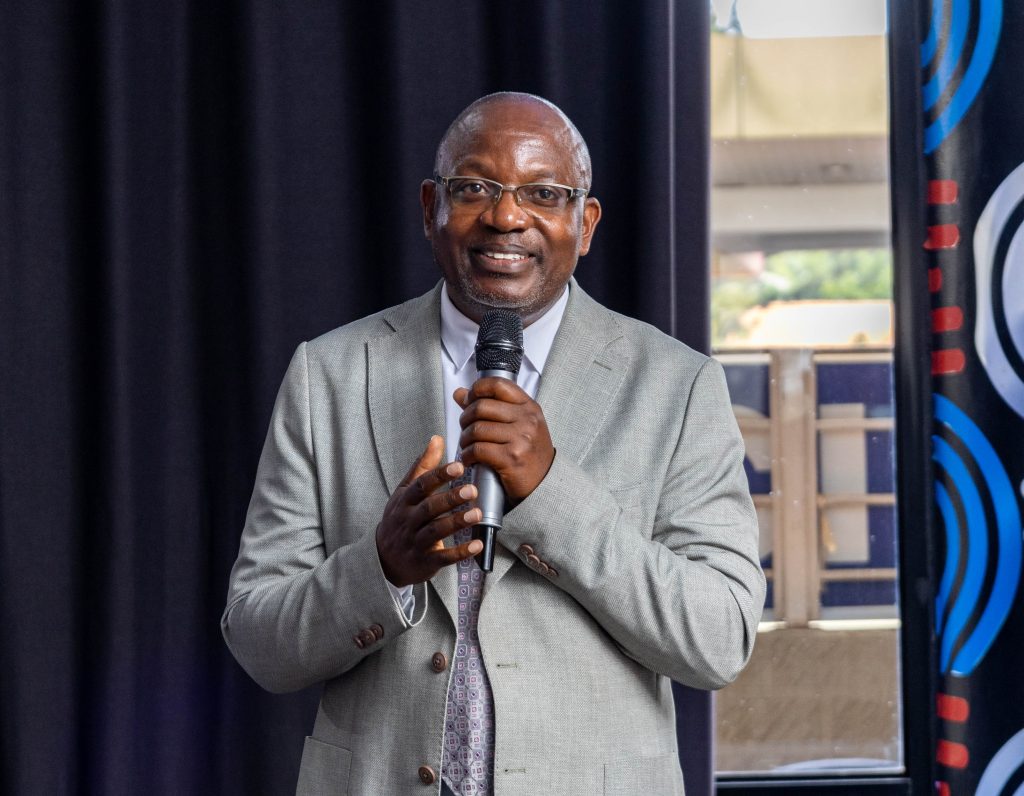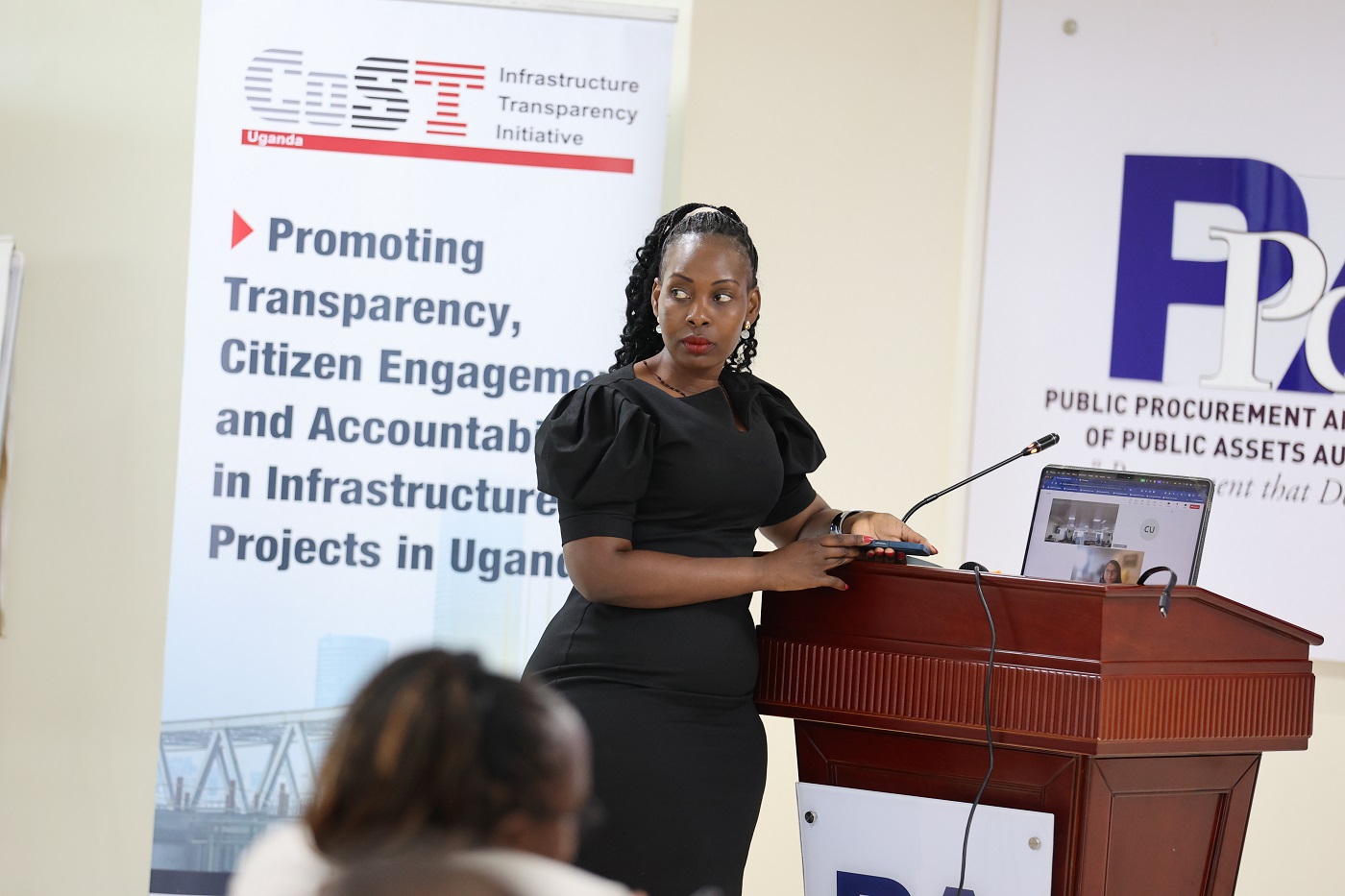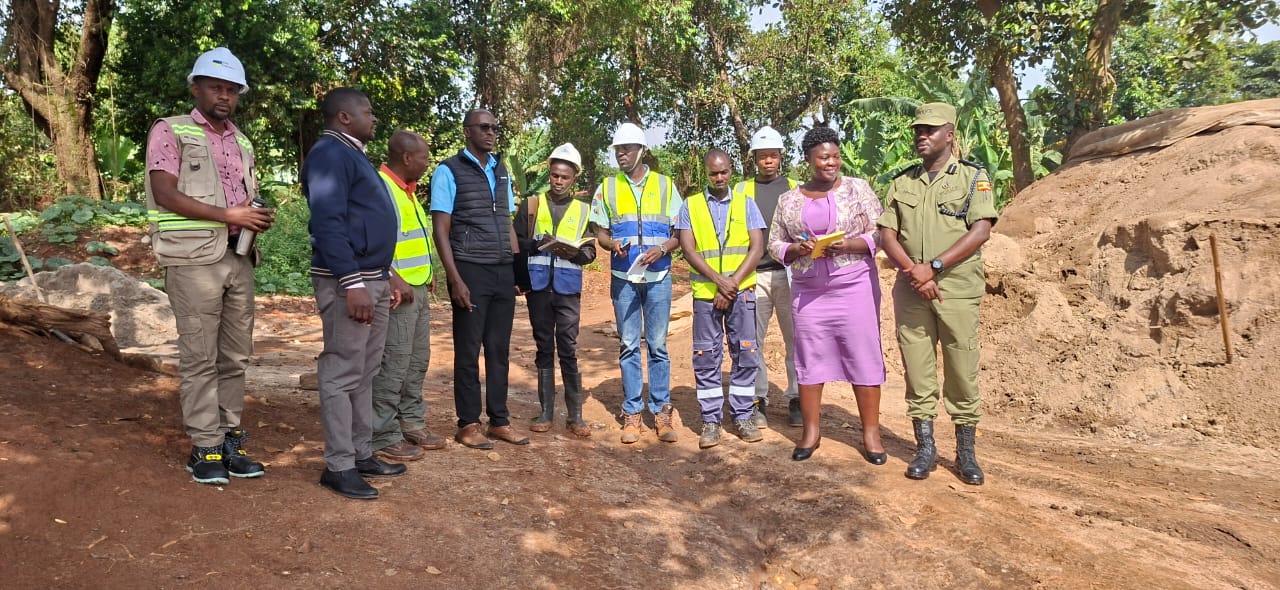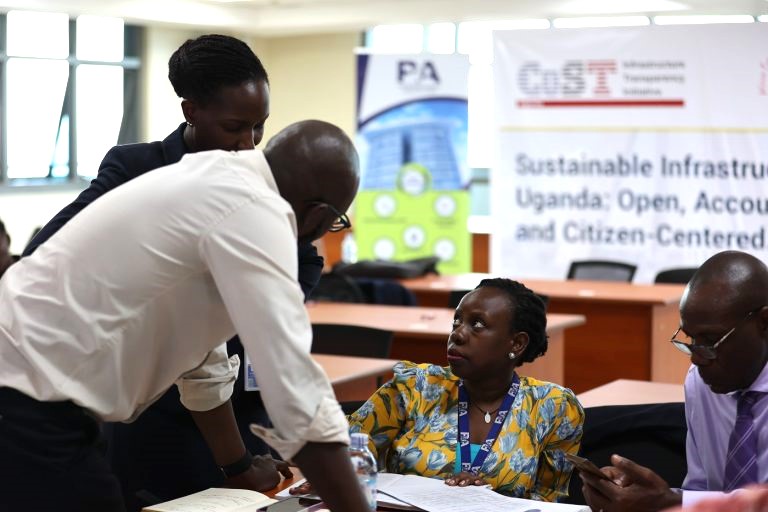
Uganda still lacks a centralized Access to Information (ATI) portal to enable citizens to request and receive timely information on government programs. Such a portal would complement the existing Access to Information (ATI) Act (2005) and strengthen transparency in climate and environmental governance.
On 7th October 2025 last week, the Africa Freedom of Information Centre (AFIC), in partnership with Twaweza East Africa and the Department of Journalism and Communication at Makerere University, held a national dialogue to commemorate the International Day for Universal Access to Information (IDUAI).
The event, hosted at the Media Challenge Initiative offices in Ggaba, marked 10 years since UNESCO first initiated the day. Year’s theme: “The Importance of the Right to Access Information in Promoting Sustainable Societies.” The events main discussion was centered on strengthening access to environmental information for climate justice.

Gilbert Sendugwa, Executive Director -AFIC
In his opening remarks, Mr. Gilbert Sendugwa, the Executive Director of Africa Freedom of Information Centre (AFIC) noted that despite progress in advancing access to information in Uganda, implementation remains a major challenge as evidence from AFIC indicates that only 9.7% of information requests receive responses, and just half of those are addressed within the statutory 21-day period. Speaking on behalf of AFIC, he reaffirmed the organization’s commitment to strengthening and growing public demand for ATI by empowering citizens and journalists to understand and exercise their right to information under the ATI Act.
In his keynote speech, Mr. Joshua Akandwanaho from NITA highlighted persistent ATI challenges, including delayed responses, low public awareness, high internet costs, and limited access to affordable digital devices. NITA is working with government to reduce internet costs and lift the ban on used computer imports to boost digital inclusion. Public servants were remained to proactively provide information and encouraged the media to adopt open data practices, invest in digital literacy, protect whistleblowers, and bridge gaps between government and citizens through publication of productive materials than country’s gossip. Noting progress in digitizing services such as passport registration and job applications supported by legislations like the Computer Misuse Act, Electronic Signatures Act (2011), and Data Protection and Privacy Act (2019), an Open Data Act and Portal are also under development.
“Access to information is not a privilege; it is a right for every citizen, from the heart of the city to the deepest village.” Akandwanaho Joshua NITA-U stated
Participants highlighted persistent barriers: limited responsiveness of public institutions (only 10% of ATI requests receive responses-following AFIC Information request analysis report (2018-2025), inadequate rural infrastructure, language barriers, low trust in digital platforms, limited citizen awareness, and weak use of existing legal frameworks.
Key Commitments Emerged:
- NITA (through government) will establish a centralized digital portal, expand rural infrastructure, translate information into local languages, and enforce ATI compliance.
- AFIC and partners will build citizen capacity, support proactive disclosure for environmental, and strengthen monitoring and follow up uptakes of the workshop commitments.
- Youth, media, and CSOs will contribute to awareness campaigns and disseminate information in accessible media platforms
In conclusion, AFIC, partners and NITA, reaffirmed their commitment to deepen collaboration and promote proactive disclosure for environmental information to build a more open, informed, and accountable society as well as work together to have a centralized platform to support the national information requests and flows.



